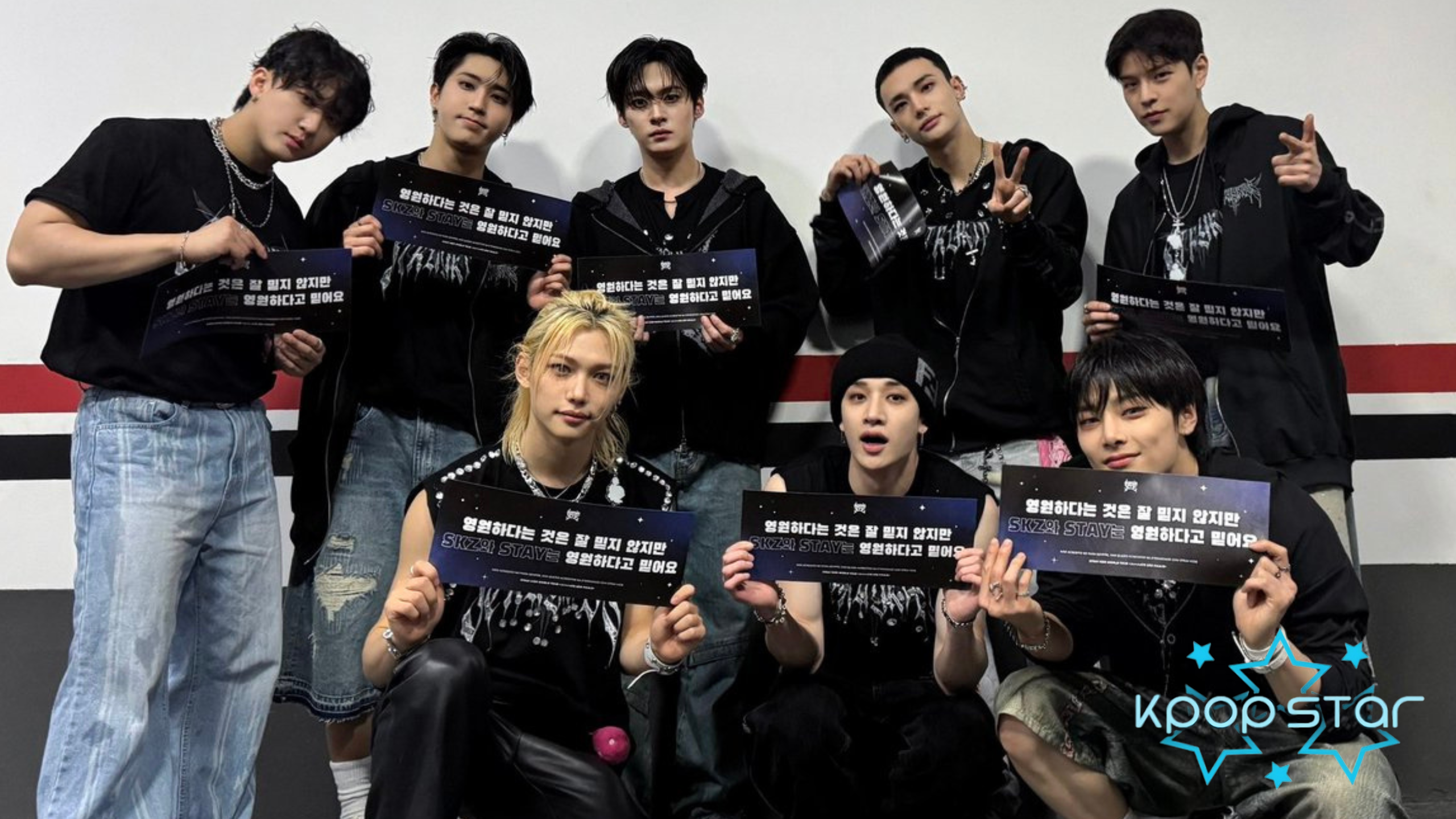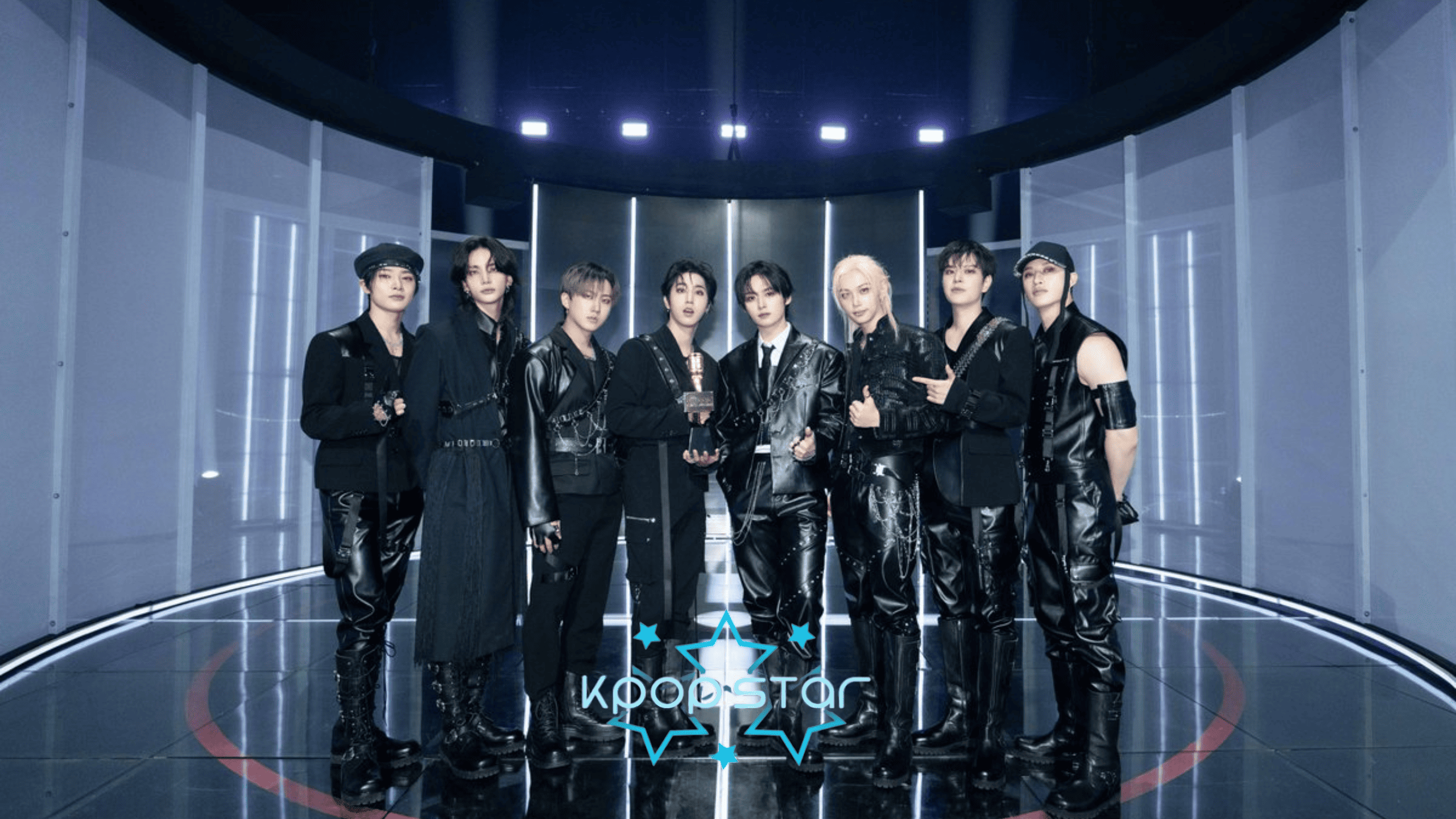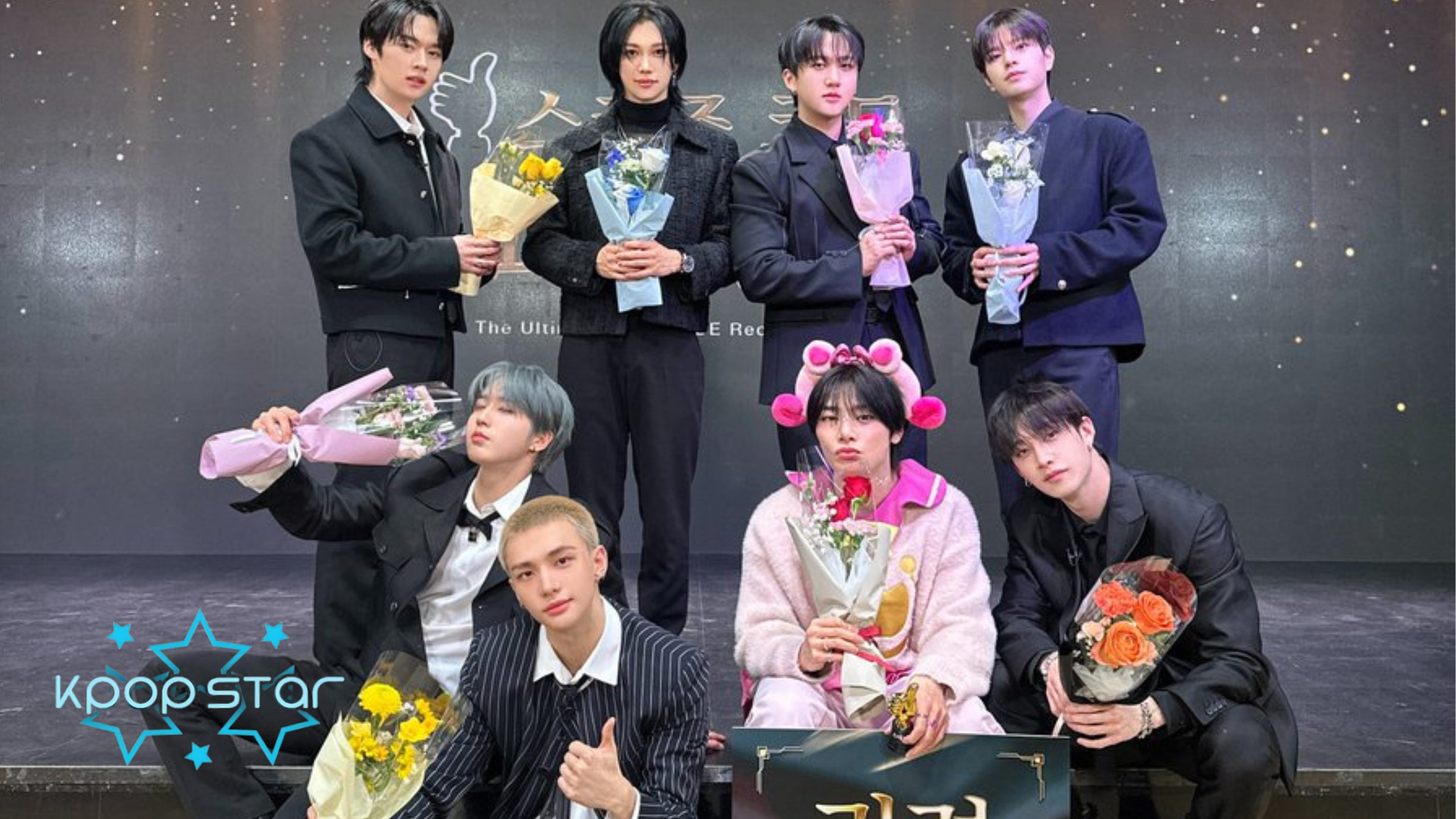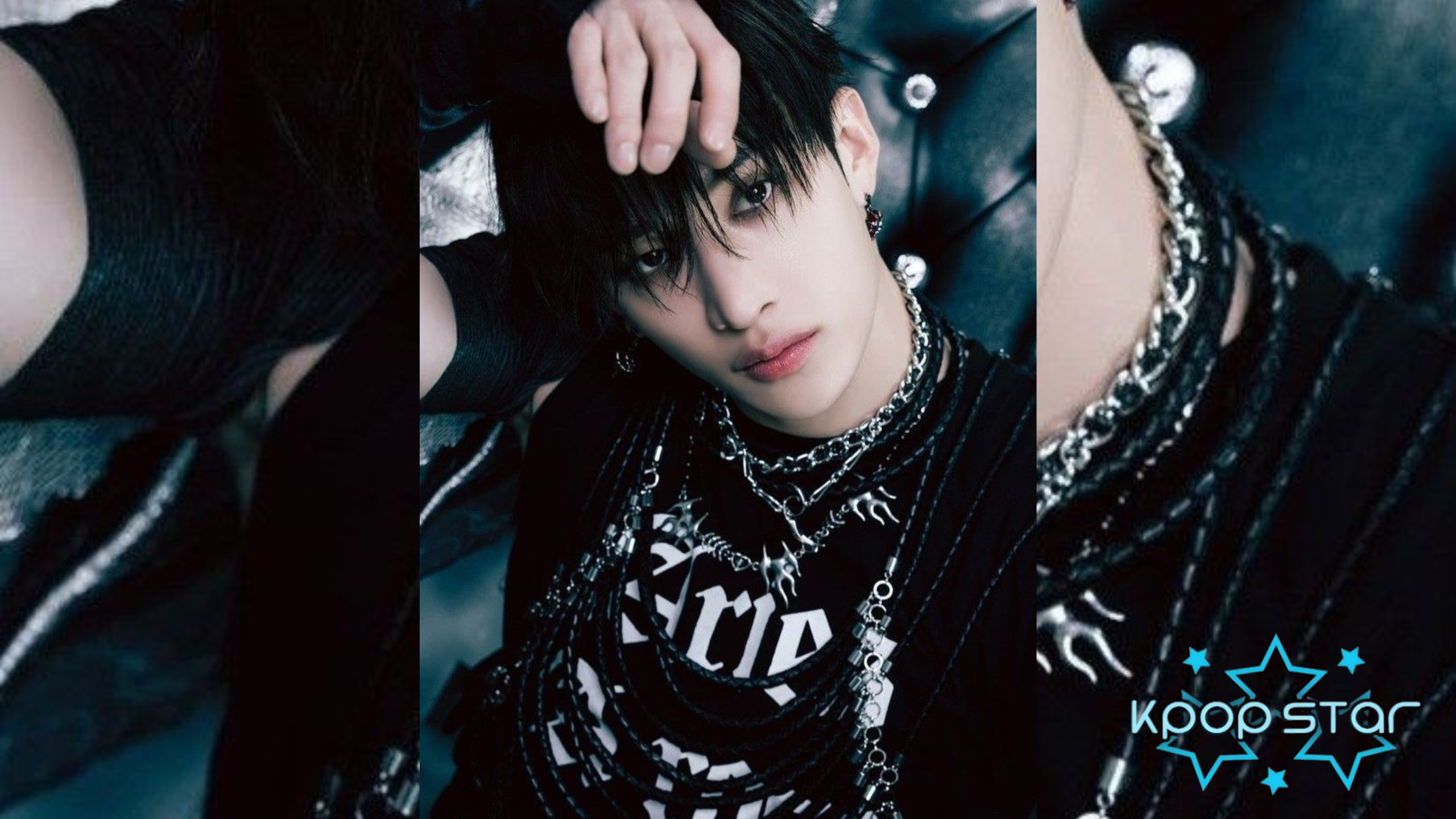The Hidden Deep Meaning of the Song “3rd Eye” Stray Kids from the album Skz2021
Table of contents
- “3rd Eye” Stray Kids Introduction
- Lyrical Meaning of Song “3rd Eye” Stray Kids
- The Deep Meaning of Song “3rd Eye” Stray Kids
- Conclusion
1. “3rd Eye” Stray Kids Introduction
The lyrics seem to speak of the concept of the “3rd eye’” Stray Kids’ which is a common metaphor in spirituality and philosophy for a higher consciousness or the ability to see beyond physical reality. The writer expresses the struggle to open or activate this third eye, which is perceived to be near but hard to reach.
The lyrics convey feelings:
- Confusion (“I don’t know what fits”)
- Fear (“Wake up scary”, “I’m afraid of my eyes”)
- Feeling trapped (“In it I’m trapped in it again”)
- Desire for enlightenment (“Let’s breathe in my mind”)
2. Lyrical Meaning of Song “3rd Eye” Stray Kids
“The 3rd eye that looks close”
- Describes a spiritual sensation where one feels close to enlightenment or higher consciousness.
- Describes a mystical experience where one feels the presence of a higher power or consciousness within one’s reach.
“Wanting to show the 3rd eye”
- Desire to share spiritual experiences or deep understanding with others.
- The desire to prove that one has higher spiritual abilities or awareness.
“I just wish I could see my me”
- A yearning to understand the true self, beyond surface identity or ego.
- The desire to see clearly who one really is, without distortion of perception.
“Closing eyes, 3 eyes II”
- A meditation process where one closes the physical eyes to activate the inner/spiritual eyes.
- Symbolism of the transition from normal consciousness (two eyes) to higher consciousness (third eye).
“I don’t know what fits”
- Spiritual confusion about which is the right or proper path to follow.
- Uncertainty on how to integrate spiritual experiences into daily life.
“I don’t know if something looks like Molka”
- Confusion or uncertainty about the authenticity of a spiritual experience.
- Concern that what is experienced may be an illusion or a lie.
“My two eyes are beyond being deceived”
- Realization that normal perception/physical senses cannot be fully trusted.
- Recognition that what is perceived as “reality” may be an illusion.
“the necessary 3rd eye”
- Recognition that a higher consciousness is needed to perceive true truth.
- The belief that intuition or spiritual enlightenment is the key to navigating life.
“In the center”
- The position of the third eye which is traditionally in the center of the forehead.
- The feeling of being in between the two worlds-physical and also spiritual.
“My survival”
- Recognition that spiritual awareness is the key to true survival.
- The feeling that without enlightenment, life is just an incomplete existence.
“I wonder if he is asleep. Can it wake up?”
- Questions whether higher spiritual consciousness is dormant and also can be reactivated.
- Reflects whether one’s spiritual potential is dormant and also can be awakened.
“Or you can wake up. Waking up is scary”
- Fear of the consequences of full spiritual enlightenment.
- Anxiety that opening the third eye could expose one to a frightening reality.
“In a world of threats to change positions”
- Concern that spiritual realization can radically change the worldview.
- The feeling that the external world threatens internal or spiritual change.
“I am afraid of my eyes. The light is too bright”
- Fear of higher intensity of vision or spiritual awareness.
- A metaphor for feeling unprepared to face unfiltered truth.
“I wonder if I can’t even Garden”
- Doubt whether one can find peace or tranquility on a spiritual journey.
- Question whether one can find the “garden” (place of peace/heaven) within oneself.
“My existence, I do not know”
- Existential confusion about the nature of one’s existence.
- Recognition of the limitations of understanding the true essence of the self.
“I know. But I don’t know what”
- A spiritual paradox where one feels they know something but cannot articulate it.
- Intuitive awareness that cannot be processed rationally or intellectually.
Overall, the lyrics seem to explore the spiritual journey of a person seeking enlightenment through the “third eye”, while grappling with the fear, confusion and also uncertainty that accompanies such a spiritual quest.
“I want to find and be able to open locked eyes”
- The desire to achieve new awareness or understanding that has been hidden.
- A metaphor for the search for spiritual enlightenment or unrevealed wisdom.
“hiding my keys”
- The feeling that the solution or answer is within but hidden.
- The belief that the ability to unlock one’s potential is inaccessible.
“Confusing”
- Describing a mental state of confusion in a spiritual quest.
- Reflection on the complexity of the journey towards self-understanding.
“3 eyes visualizing and feeling”
- Refers to the concept of the “third eye” in spirituality which represents intuition and also higher consciousness.
- Combination of physical vision (two eyes) with inner perception (third eye).
“Smell for a while”
- A fleeting or temporary spiritual experience.
- A sensation of truth that feels close but only for a moment.
“I hate to float”
- Discomfort with being uncertain or rootless.
- Frustration at not feeling close to solid reality or truth.
“Like a door chained and locked”
- A feeling of being blocked on a spiritual journey or self-discovery.
- An image of an internal obstacle that prevents progress or understanding.
“My eyes are closed and steadfast”
- Despite not achieving enlightenment, perseverance and also patience.
- Perseverance even in spiritual darkness.
“Just curious”
- Pure urge for knowledge and also understanding.
- Simple longing for answers without any other motive.
“I thought you might know me”
- The hope that another person or a higher power can understand her.
- The desire to be fully recognized in one’s true essence.
“Not having a colorful, overlapping world”
- Life experiences that feel monotonous or without depth.
- The feeling of being trapped in a world that overlaps between illusion and reality.
“Essence from within”
- Emphasis on inner truth or spiritual core.
- Recognition that true meaning comes from within, not from without.
“I wonder what the hell that looks like”
- Curiosity about what enlightenment or true consciousness looks like.
- The question of how the world looks through the eyes of awakened consciousness.
“In the midst of unfolding, the background”
- The position of consciousness in the midst of life experience.
- The contrast between what is the focus of attention and what is the background in consciousness.
“What color? Let’s breathe in my mind”
- A question about how spiritual experiences are felt through the metaphor of color.
- An invitation to experience inner depth through breathing and also awareness.
“I can open my eyes to frozen Zen”
- The possibility of achieving a calm and also unwavering meditative awareness.
- The contrast between “opening” (expansion) and “freezing” (stability) in spiritual experience.
“I know I don’t even see me”
- Recognition of the limitations of self-perception.
- The realization that the true essence of the self is not yet clearly visible.
“Please respond only once”
- Desire for a single, definitive answer.
- A request for direct and also clear communication without repetition.
“Open”
- A call or command to open consciousness.
- A plea for liberation from the limitations of perception.
Overall, these lyrics seem to explore the spiritual journey of a person seeking higher consciousness, while grappling with confusion, internal obstacles, and also the desire to understand his or her true self. The themes of “locked eyes” and also “third eye” become central symbols for the spiritual enlightenment and also awareness sought.
3. The Deep Meaning of Song “3rd Eye” Stray Kids
The lyrics seem to explore one’s spiritual journey in search of enlightenment or higher consciousness. The “third eye” is a symbol for the ability to see the truth behind the illusion of the physical world, a concept common in many spiritual traditions, particularly in Eastern philosophies.
Some key themes:
- The search for higher consciousness
- The feeling of being limited by ordinary perception (“My eyes are closed and also fortitude”)
- The longing to understand the essence of life (“Essence from within”)
- The fear of facing a truth that may be too strong (“The light is too bright”)
- The struggle between the current state of consciousness and also the potential for higher consciousness
4. Conclusion
The lyrics reflect the struggling spiritual journey of someone seeking enlightenment. The author appears to be caught between the desire to reach a higher spiritual understanding and also the fear or inability to fully achieve that state.
The reference to “frozen Zen” shows the influence of Zen philosophy, which often emphasizes the paradoxes and also difficulties in achieving enlightenment through conventional means. The lyrics illustrate a common spiritual dilemma: the longing to “see” the truth with the third eye, while facing internal and also external obstacles in the process.
Taken together, these poems or lyrics can be understood as artistic expressions of a complex and also often struggling spiritual journey.



